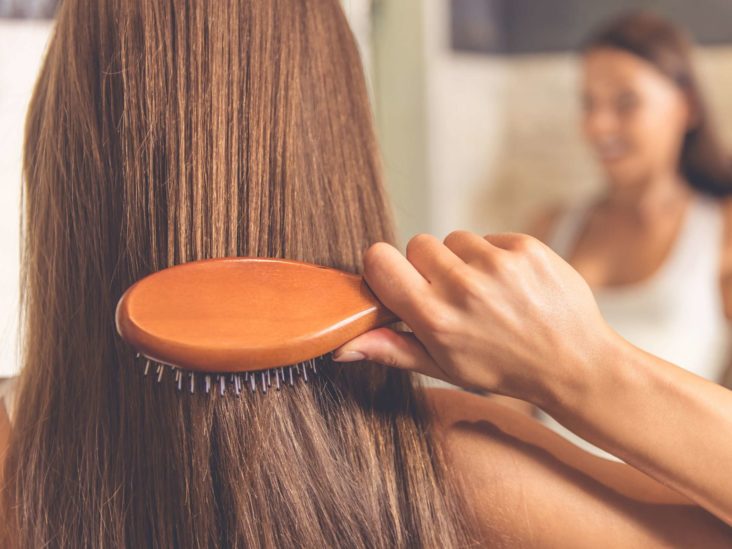
Let’s take a quick poll – when was the last time you sat down to eat breakfast, lunch, and dinner in a day? More than half of the readers of this piece would admit to themselves that they mostly eat on the go, or just snack along the day as they feel the need. Why might this be a challenge? You might want to know. Well, it only means that most people allow hunger to lead them, rather than carefully planning their meals to ensure that they get the maximum benefit from it. This means that rather than being intentional about what they eat and the nutrient it contains, most only want to satiate their hunger and relieve the pangs. Unfortunately, food and nutrition do not work that way, as there are macro and micronutrients that work hand in hand towards the attainment of overall wellbeing. Upon the realization that many people’s meals are quite deficient in some important meals, vitamins and supplement stores have capitalized on this to push their products in wider market reach. No longer are vitamins and supplements considered just for the old, but youths of various ages now use them for a variety of purposes ranging from bone health, exercise and muscle building, skincare, nail care, hair care, and so on.
The quality of your hair largely depends on some nutrients in the food you take, as a deficiency in some vitamins can lead to hair loss, thinning, early balding, and so on in some cases (although genetics plays a major role too), but before you go to the market to start buying the next vial of supplement you see, let us discuss some things to look out for:
- Vitamin E is an antioxidant that is very crucial to having healthy hair, and by now, you must have realized that having healthy hair will reduce the incidences of hair loss. Therefore, to prevent hair loss, you need to eat foods that are rich in Vitamin E like avocados, broccoli, almonds, and seeds. Vitamin E can also be applied topically to the scalp and is said to repair hair follicles, boost oxygen supply and increase blood circulation to the scalp while also reducing inflammation, all of which are foolproof ways to healthy hair. There are many companies like Swanson Health Products and others where you can get Vitamin E and several other supplements, but be sure to speak with your healthcare provider to determine which combination of vitamins would suit you personally, especially but not only if you have underlying health conditions.
- Vitamin A is another vitamin you do not want to trifle with if you want to maintain the health of your hair. Essential for proper growth of cells, Vitamin A helps in the production of the oil on the scalp (sebum) which prevents hair from breaking as a result of drying out. It should, however, be taken moderately as too much of it can be counter-productive, leading to hair loss. Natural foods that you can get Vitamin A form are spinach, peaches, carrots, etc.
- Biotin is a B Vitamin that helps with healthy and faster hair growth. This is important because you cannot eliminate the shedding of hair, but if the rate of shedding is faster than the growth rate, the hair loss becomes pronounced. Biotin is therefore important to ensure that there is balance. Eggs, mushrooms, salmon, etc. are natural ways to get biotin.
- Vitamin C is the most common vitamin easily obtainable from fruits and vegetables. Apart from its work in strengthening immunity and fighting infections, Vitamin C is also essential to the production of Collagen, a protein that is crucial to the health of the skin, nails, and hair. Oranges, kale, broccoli, etc. are some of the naturally occurring sources of the Vitamin.
With the vitamins outlined above, you now have an idea of supplements you are looking for if you want to prevent hair loss in the future. The good news is that these vitamins also work towards the maintenance of the overall health of humans, so if you cannot incorporate them in your daily diet, supplementing your intake will be the solution.